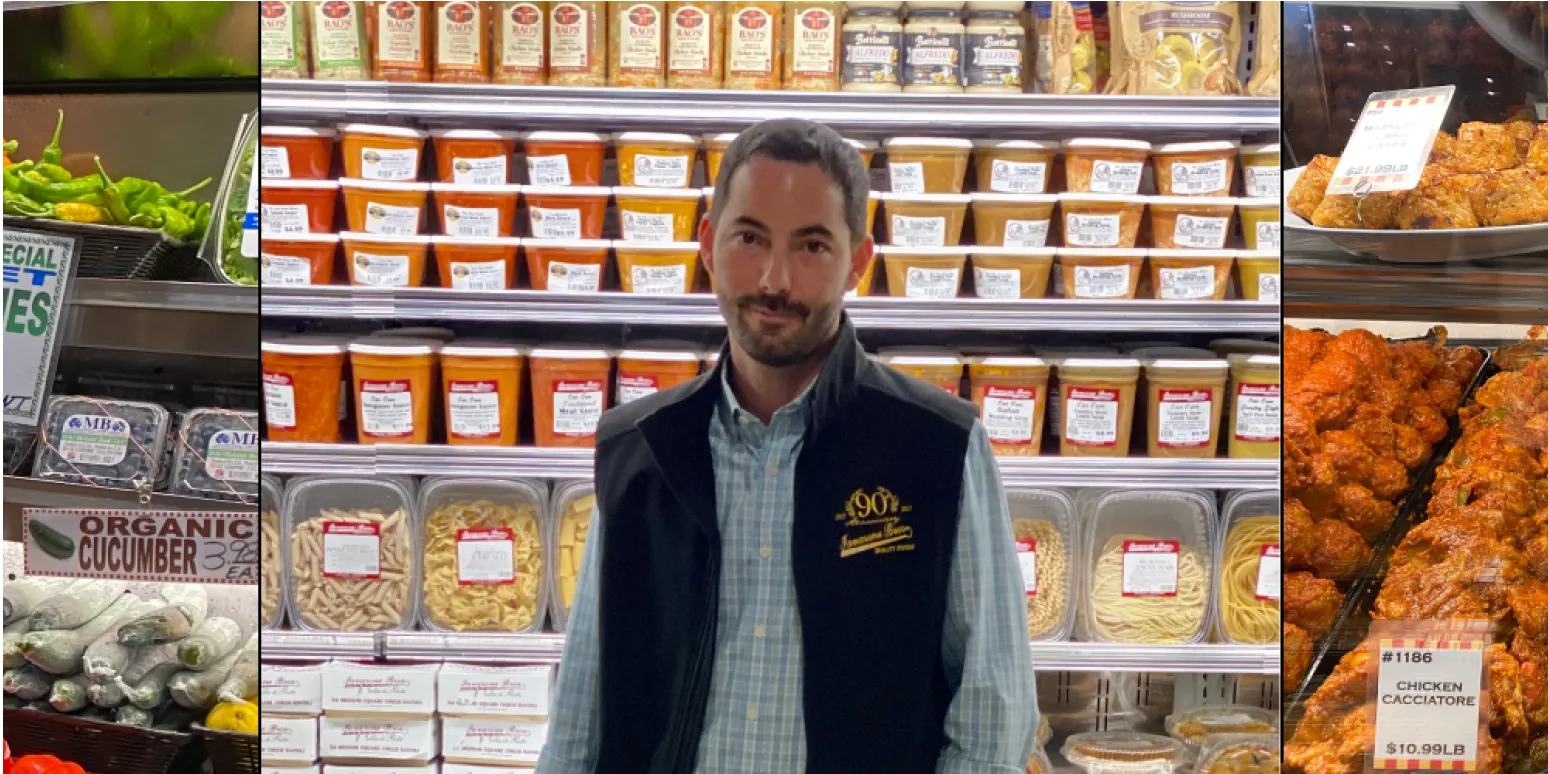In today's digital landscape, gourmet market chains are increasingly turning to automation to improve efficiency and enhance customer experience. For a prominent gourmet market chain, the integration of automation technology has played a pivotal role in scaling its home shopping service. This article will delve into the various ways automation has transformed the operations of this market chain, focusing on key areas such as order processing, inventory management, and customer service.
Streamlined Order Processing
One of the primary challenges faced by gourmet market chains is the swift processing of orders, especially during peak shopping hours. By implementing automation tools, this market chain has significantly reduced the time taken to process orders. Automated systems can handle order entry, payment processing, and order confirmation in real-time, allowing customers to receive their purchases faster than ever before.
| Process | Before Automation | After Automation |
|---|---|---|
| Order Entry | Manual entry took 10 minutes | Automated entry takes 1 minute |
| Payment Processing | 2-3 minutes per transaction | Instant payment confirmation |
| Order Confirmation | Sent within 30 minutes | Sent immediately |
Enhanced Inventory Management
Inventory management is crucial for gourmet markets, where freshness and quality are paramount. Automation has enabled the market chain to maintain optimal stock levels while minimizing waste. With real-time tracking of inventory levels, automated systems can forecast demand based on past sales data, ensuring that popular items are always in stock.
The integration of automated inventory management systems has led to:
- Improved Accuracy: Reducing human errors related to stock counts and reorders.
- Reduced Waste: Ensuring perishable goods are sold before expiration.
- Dynamic Reordering: Automatically placing orders with suppliers based on forecasted demand.
Personalized Customer Experience
Automation has not only improved operational efficiency but has also enriched the customer experience. By leveraging data analytics, the market chain can offer personalized recommendations to customers based on their past purchases and preferences. This level of personalization is vital in the competitive gourmet market space.
Key benefits of automated personalization include:
- Targeted Promotions: Sending tailored offers to customers, increasing the likelihood of repeat purchases.
- Enhanced Customer Engagement: Automated follow-ups and feedback requests keep customers connected to the brand.
- Improved Loyalty Programs: Streamlined systems for tracking points and rewards encourage customer retention.
24/7 Customer Service Support
In an era where customer expectations are higher than ever, providing round-the-clock service is essential. Automation has facilitated the implementation of chatbots and virtual assistants that can handle customer inquiries at any time of day. This has not only improved response times but has also freed up human staff to focus on more complex issues.
Benefits of automated customer service include:
- Immediate Responses: Chatbots can provide instant answers to common questions.
- Cost Efficiency: Reducing the need for extensive customer service teams during off-peak hours.
- Scalability: Easily handling increased customer volume during busy shopping seasons.
Data-Driven Decision Making
Automation tools provide valuable data insights that inform strategic decisions. By analyzing customer behavior, sales trends, and inventory levels, the market chain can make informed decisions that drive growth. These insights allow businesses to adapt quickly to changing market conditions, ensuring sustained success.
| Data Type | Impact of Automation |
|---|---|
| Sales Trends | Faster identification of top-selling items |
| Customer Preferences | Enhanced ability to tailor offerings |
| Inventory Levels | Optimized stock management |
Conclusion
In conclusion, automation has proven to be a game-changer for the gourmet market chain's home shopping service. From streamlining order processing and enhancing inventory management to providing personalized customer experiences and 24/7 support, the impact of automation is profound. As the market continues to evolve, embracing automation will be essential for gourmet market chains that wish to remain competitive and grow in an increasingly digital world. By leveraging technology, these businesses can not only meet but exceed customer expectations, ensuring long-term success.





